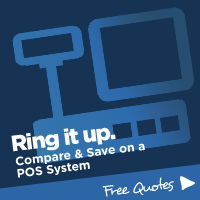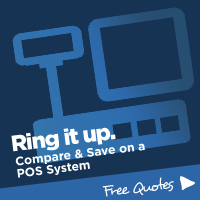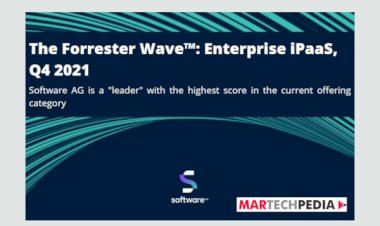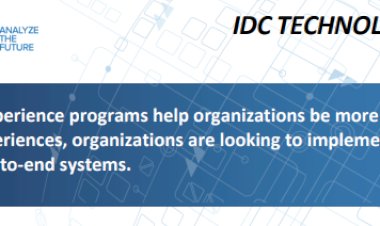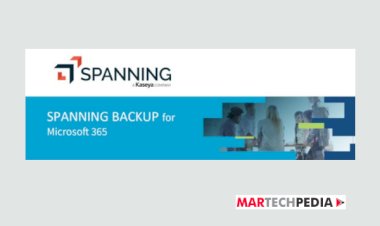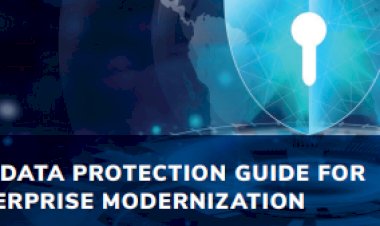PAC Study on SAP Application Management: Executives Advocate the Involvement of External Service Providers

The SAP portfolio is subject to constant change, and this has an impact on the operation of SAP applications in data centers. While the management of SAP applications used to be strongly driven by processes and governance considerations, the continuous advance of the digital transformation means that it now also has to provide support for the modernization of the company itself and ensure the successful integration of mobile devices, data analyses, cloud computing, and social media,explains the new PAC Study.'

With regard to management of your SAP systems: Which of the following aspects represent a major or minor challenge?
“The study showed us that there is hardly any area where a business does not collaborate with external service providers. Particularly where SAP applications are concerned, itelligence has extensive expertise that enables it to provide customers with a comprehensive offering, from strategy consulting to transformation to long-term support and the optimization of their applications,” stresses Norbert Rotter, CEO of itelligence AG.
The current “Application Management in Europe” study provides an overview of the status quo and future development in the field of SAP Application Management. For this study, the market researchers from PAC – a teknowlogy Group company – questioned IT decision-makers of large companies throughout Europe on behalf of SAP consulting company itelligence.
Also Read: Holidaymakers Hold on ‘Sunshine Saturday’ as They Prepare for Spring Bookings
“As is the case for many other areas of IT, traditional application management is also undergoing significant changes and developments. At the same time, internal IT departments are trying to handle the current tremendous challenges with ever more limited resources in terms of headcount and specialist knowledge. This is precisely where we as itelligence can provide support to companies with agile and flexible Managed Services,” says Lars Janitz, Executive Vice President, Head of Global Managed Services, itelligence AG.
Successful migration into the cloud with SAP
For many of the respondents, cloud applications have become ubiquitous. A large number of them (39%) stated that they had implemented the cloud version of SAP’s latest ERP suite, SAP S/4HANA. 56% confirmed that they were already using or planning to use SAP Cloud Platform & SAP Leonardo. The figure for SAP Analytics Cloud was 53%. And many companies use solutions to support separate processes, such as Ariba for Purchasing and Procurement (63%) and SuccessFactors for Human Capital Management (77%).
PAC analyst Karsten Leclerque too believes that external service providers such as itelligence are enormously important in the era of digitalization: “The digital era demands a new approach to application management; one which helps automate businesses as well as improve agility, speed, and efficiency.”
Also Read: Oracle Retail Omnichannel Suite Innovations Power New Consumer Experiences
Complexity as the dominant challenge
96% of the respondents perceive their own SAP landscape as a challenge due to the high degree of customization and adaptations. As a majority of the companies are using or planning to use a number of different cloud applications and deployment models in parallel, they are also having to deal with the complexity of the integration and the management of these solutions. 91% of the respondents perceive the complexity of hybrid IT landscapes as a challenge. Such hybrid IT landscapes often comprise legacy IT, private and public cloud models, as well as self-operated and (out)sourced infrastructures. All this requires consistent end-to-end governance, compliance, and security across numerous different applications and infrastructure platforms.
Automation of SAP System Management
Over recent years, cost pressures in particular as well as labor shortages within Europe have led to increased demand for services provided from offshore and nearshore locations. This was reflected in a total of 79% of respondents stating that they were using nearshore resources. 69% of the companies are using offshore resources. Experiences with nearshoring appear to be more positive: 46% of the companies that make use of nearshore resources are convinced that this share will increase over coming years.
Also Read: Apttus Appoints Frank Holland as Chief Executive Officer
Offshoring and nearshoring will experience increasing competition from rising automation. 41% of respondents are already using or are planning to use automation or technologies based on artificial intelligence (AI) to manage their SAP systems. At the same time, a further 46% professed an interest in using these technologies in their organization.
Majority of executives advocate use of external service providers
66% of the companies thus prefer involving an external service provider such as itelligence for general tasks such as Application Management or Application Hosting. That said, the requirements relating to the management of an SAP application landscape have changed. In future, the requirement will no longer just be to “keep everything running,” as used to be the case for SAP Application Management services in the past. Instead, customers will demand their providers to have greater industry-specific know-how that will facilitate closer integration with the business.
Ideally, by collaborating with external providers in implementing and operating their SaaS solutions, companies will have the opportunity to benefit not only from their providers’ technical capabilities, but also from their innovativeness, as cloud migration can often be a trigger for business transformation.
Recommended Read: Coveo Adds eCommerce Veteran to Senior Management Team as Part of Rapid Growth Strategy

 MartechAdministrator
MartechAdministrator 









